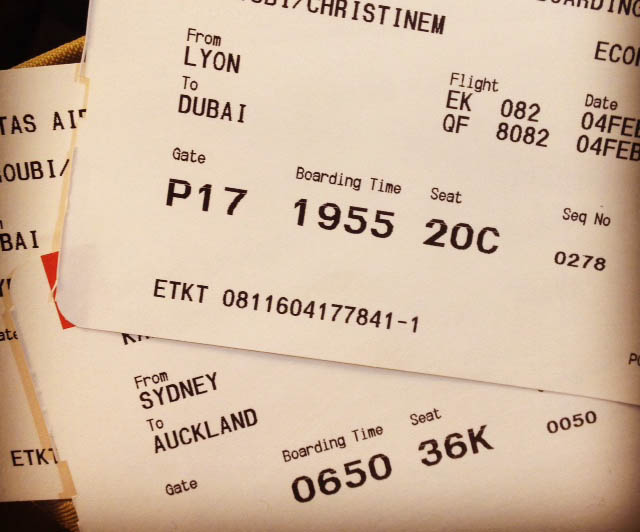Coming back after a long journey is not insignificant. Travellers fear or apprehend this return, and they are quite right!
We all have a history, a different family ecosystem. Leaving and returning take on different and varied meanings for each of us
The circle and the rank: understanding your family and social system to avoid disappointment
What is a circle, what is a rank?
The circle protects, the circle surrounds, the circle encloses
The rank welcomes everyone, the rank is impersonal and not very selective
And you, are you part of: a circle or a rank? Take a bit tme to think about, it could be important make a successful return
Take the time for a little introspection before coming back…
How do you imagine this return?
The traveller returning from his great adventure is in a state of fragility. Offences and annoyances can be very hard to take!
A poorly received return from a trip can have very unfortunate repercussions. Let’s not forget that even if it seems strange, travellers are in a fragile situation! They react with an exteme sensibility and are often completely out of phase.
They are undoubtedly very happy to see their loved ones again but at the same time very sad because this return sounds the end of a great adventure! It is necessary to readapt and this is not easy, especially if there were previous tensions within the family and close relations.
To face these sometimes very tense situations like Anaïs’ return, find 20 tips to make this return a moment when you will shed tears of joy… but no sorrow!
History a return that goes wrong: Anais tears
When I came back from my little tour in Asia (15 months), my son who was still living at home at the time, suggested to meet Anaïs, one of his friends who had just returned from a year-long trip to Australia.
I am delighted, she comes home for an aperitif. Anaïs is 20 years old, she is funny, talkative and smiles a lot. She exudes self-confidence. She comes into the kitchen like a fresh and fragrant breeze. Her doll’s face is crowned by a fire of blond hair. She is very pretty and in her eyes I see blue skies, orange deserts and turquoise seas.
I bombard her with questions, what, where, who, how? I get attached to her personal story. What did she live there, what did she learn? Is she different? She flares up, gesticulates, fidgets in her chair. She radiates joy, her face glows, her smile is luminous. Australia was wahooo, Wow, Yahoooo!
After flying over plains and deserts, friends, adventures I ask her how is the return, the landing, the readjustment to France.
Ouch, ouch, ouch, there she is, melting into tears. Her sadness is so sudden that my son leaves the table, embarrassed, giving me an angry look as if I had said something terrible.
“It’s the first time in a month that someone is interested in my trip! Nobody ever asks me questions! It’s total omerta!”
She’s overwhelmed by real despair mixed with anger. I understand all too well. My Himalayas, my crocodiles and my jungles interest no one, especially not my children.
But at least I’m 45 years old! I have already conquered the nightmares of babies, the demons of the teenagers, the backlash when “I thought I was doing well” and the bitter failures.
Anaïs takes a real slap in the face. She doesn’t understand. She feels this situation as a cruel injustice, a putting in the closet, a violent ostracism.
What the hell is going on in this family? Aren’t they happy to have their daughter back after this long journey?
They are crazy with joy to see their little one again, they are certainly the best parents in the world. But they don’t want to recognize the “new” Anais, they feel they have found her only to lose her even more. They don’t recognize their protégée (who no longer needs to be protected), their little one (who has grown up) and they take the slap in the face of their life: their beloved child is no longer their child. She has become an adult: she no longer needs them.
She has gone far away, has become attached to other people, has discovered a world of sharks, kangaroos, rattlesnakes… a world without them, a foreign world from which they are excluded. They feel useless, overwhelmed.
What else can they do but impose silence on her to protect themselves from the affront, they who have been the centre of her life up to now?
Anais returns home with her heart and head full of things to share, but nobody wants to take part in the feast
What’s more, the light, the joy that Anaïs feels when she is inflamed by these adventure stories makes them jealous! She has to hear, “Since it was so good, why didn’t you stay there?“.
Of course, it was a crisis situation and since then, I hope things have reorganized, become more dispassionate. Anaïs loves her relatives and her relatives love her too. Parents don’t become useless when their little ones grow up. Children don’t become guilty of betrayal when they grow up either.
This story has upset me so much and I met so many Anaïs on my way that since then, I write for those who leave and come back hoping that it will help them to overcome this difficult moment.
The return is the most difficult part of the trip! 20 travel tips aren’t too much to make the reunion with your loved ones and family go smoothly!

